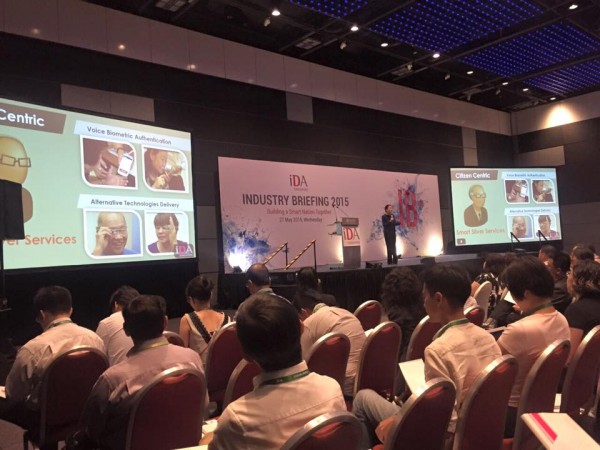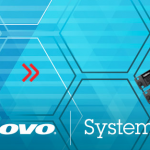
The Singapore government is expected to call for tenders for infocomm projects that are worth S$2.2 billion this financial year, as it looks to revamp existing e-government systems while pushing ahead with an ambitious smart nation build-out.
The amount outstrips the S$1.95 billion spent last year and is among the highest in recent years, according to Infocomm Development Authority (IDA) executives today.
Among the big projects is a revamp of TradeNet, which had been one of the first electronic systems in the 1980s to hasten the processing of trade and shipping documents and allow for faster turnaround time at Singapore’s ports.
Little is known about the upgrade for now and IDA executives were tight-lipped when asked for details, citing the need for confidentiality for the tender process.
What the government is more willing to share is its grand vision for its smart nation build-out that will take several years to carry out, and which will take up a chunk of the budget for infocomm this year.
After laying the groundwork, in the shape of smart boxes connecting up sensors islandwide, the IDA now wants to encourage private companies to create new services that ultimately benefit citizens.
This could be for faster dissemination of information, say, of a flash flood, or optimising scarce resources, like crowd-sourced bus services that take a flexible route based on where commuters are.
In some instances, the government is also building its own capabilities and creating its own e-services with an in-house team described as a “skunk works” group, instead of outsourcing this work to vendors.
This “in-sourcing” is going to form some 20 per cent of the infocomm projects that the government will require, said IDA managing director Jacqueline Poh.
She told reporters this often gave more control to agencies rolling out such projects, while also reducing the time taken to develop them.
In a departure from the global outsourcing trend, the Singapore government has also opted to take control of critical infrastructure, especially after serious outages in recent years had raised questions of the resilience of privately-owned networks.
For example, the Smart Nation Platform, which comprises the software and communications gear to connect up the country’s many sensors and services, will be owned by the government.
Besides the headline projects, it also aims to tighten the security involved in accessing e-government services, said IDA executives today.
A more secure two-factor authentication feature will be available to citizens logging in via SingPass later this year. Plus, a new, separate Corporate Pass login will be created for businesses and organisations to log in to government services in 2016.
Currently, an employee can log in on behalf of his company to perform transactions online, so if he leaves the company, his access has to be manually revoked. With the corporate login, companies can access such services as separate entities.






